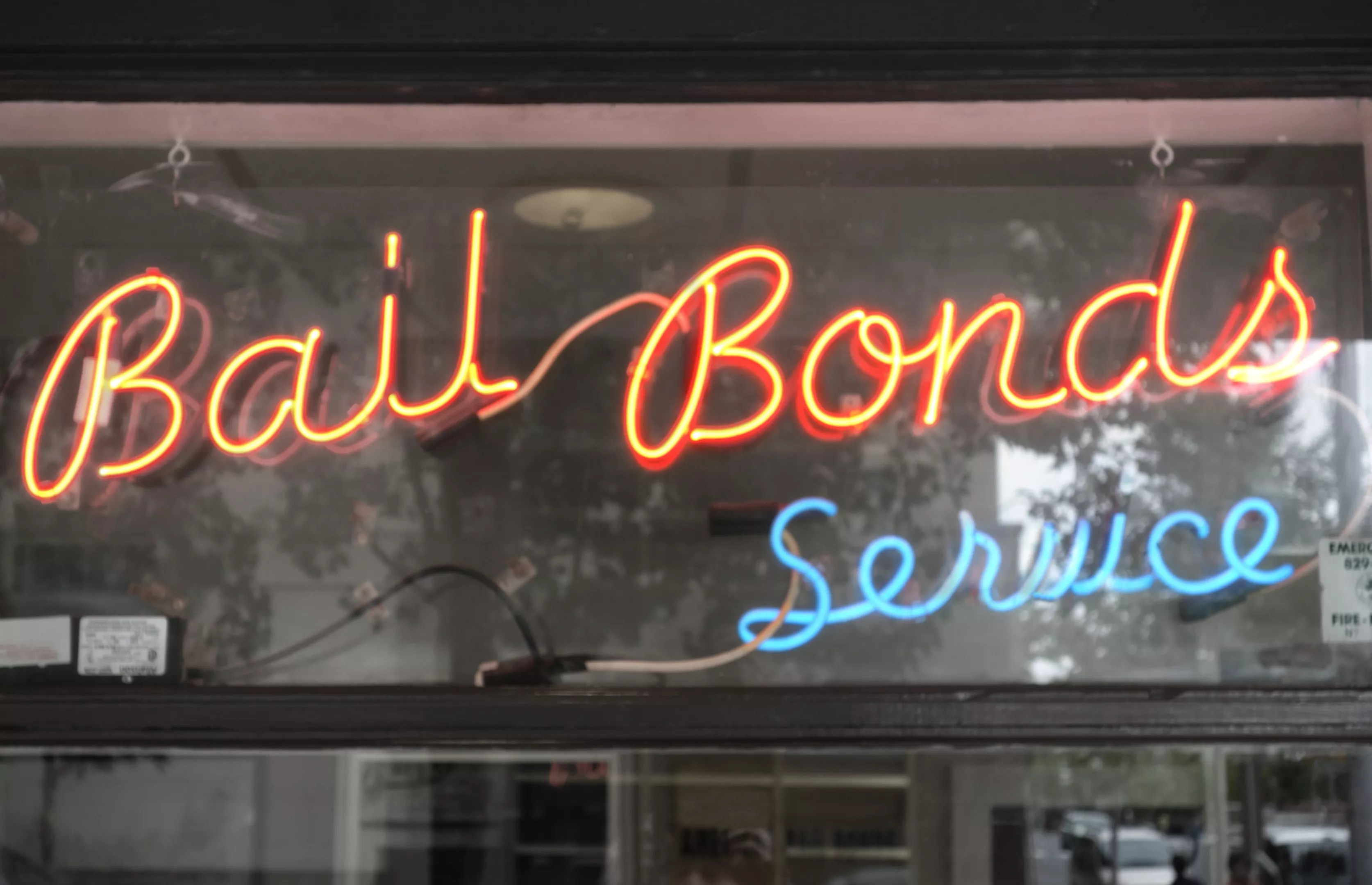
Shutterstock

Audio By Carbonatix
A final fix for Dallas County’s broken bail system is still a way off, despite a lawsuit the American Civil Liberties Union of Texas filed against the county in January, which alleges the county unconstitutionally keeps poor people locked up because they don’t have cash for bail. Meanwhile, the county’s trying to make the system more equitable. County commissioners took time Tuesday afternoon to hear from two of the most interested parties in Dallas’ bail reform efforts – the bail bondsmen who make their livings off those in jail and the criminal justice reform advocates who want a system that’s fair, rather than one that’s biased toward those who can get cash quickly.
Mark Monroe, the owner of Delta Bail Bonds next to the courthouse, presented his business and his occupation as the thin line between Dallas County and a scofflaw’s paradise where no one shows up to court because no one has anything to hold over people’s heads.
“The reason that we’re so successful is that we do something that I don’t think the county can,” Monroe said. “That’s the way we activate the defendant’s family and his friends and really his support system. We get them to come in and guarantee his appearance in court. Any problem we have, we call on those people if we can’t reach the defendant. In doing that, people who know him and know what his problems are in a way [to] go in and support him.”
Support is another way of saying money. Without the financial pressure Monroe and his ilk can apply on families that post collateral for bail bonds, defendants would just disappear, Monroe said.
“[Money] is generally the underlying motivation, but I think that you’ve alerted the father that his son was arrested for possession of a controlled substance, now Dad wants to know, ‘Why were you arrested for this?'” Monroe said. “That stuff happens behind the scenes, hopefully in a way that’s positive for the defendant.”
Sandra Guerra Thompson, the director of the University of Houston’s Criminal Justice Institute, advised Dallas County Judge Clay Jenkins and the rest of the commissioner’s court that the best way to fight the ACLU’s lawsuit and achieve justice for those arrested in Dallas is to release as many people as possible before trial with as few conditions as possible.
“The jail population is one of the leading drivers of mass incarceration in this country,” Guerra Thompson said. “That’s why [bail reform] has become such a big civil rights issue. In Texas, the pretrial detainee population makes up 75 percent of all jail inhabitants.”
Warehousing people in jail before trial, Guerra Thompson said, costs taxpayers money, increases the chances that low-risk offenders will commit new crimes when they get out and increases the chances that others will commit crimes to get bail money to get their friends and family members out. Dallas County taxpayers also have to foot the bill for court-appointed lawyers after defendants are forced to use all their resources to make bail.
“A money-based system is going to hold the wrong people in jail and let the wrong people out.” — Sandra Guerra Thompson
Guerra Thompson, whom Jenkins invited to Tuesday’s meeting, advised the court that the best way forward for Dallas County is adopting a risk-based bail model. After being charged, inmates are evaluated by a robust pretrial services division that classifies them as high, medium or low risk. All defendants classified as low risk and the majority of those labeled as medium risk should be released before trial on free personal recognizance bonds. Low-risk defendants might need as little as phone call to make sure they show up to court, Guerra Thompson said, while those identified as medium risk can be supervised by the county.
Money bail skews the justice system toward the well-off, Guerra Thompson said, rather than protecting the community before a defendant goes to trial.
“A money-based system is going to hold the wrong people in jail and let the wrong people out,” she said.